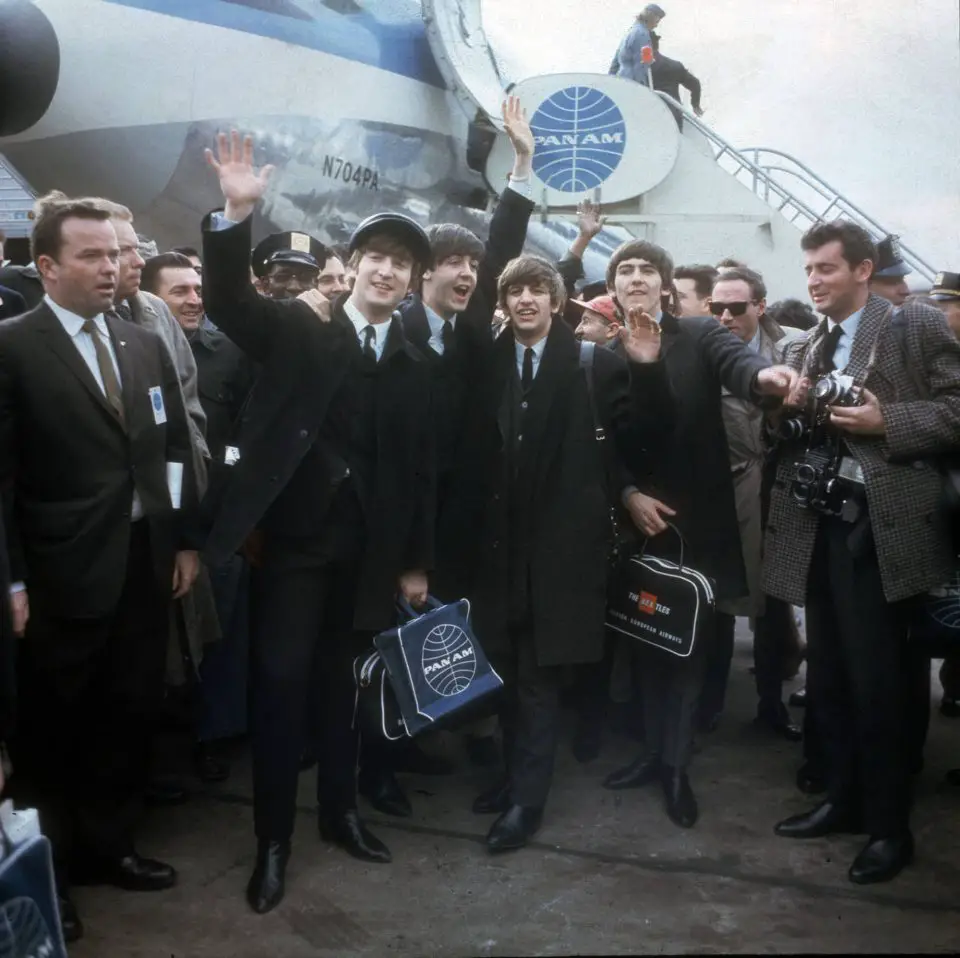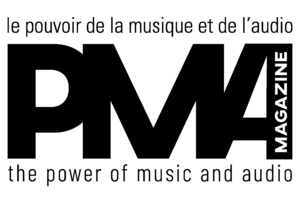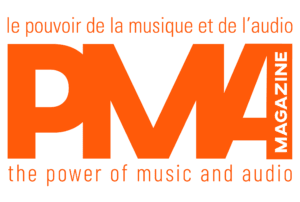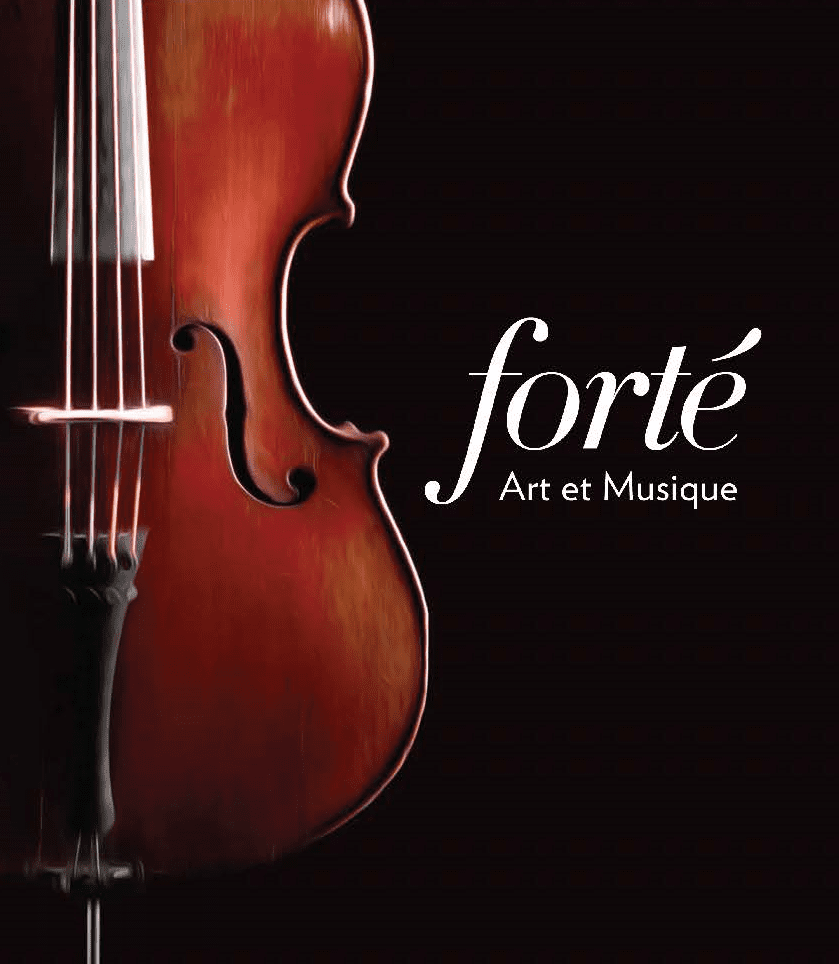





In the frosty grip of February 1964, four lads from Liverpool landed on American shores, igniting a cultural wildfire that would forever alter the course of music history. Their arrival on Pan Am Yankee Clipper flight 101 at New York’s Kennedy Airport was met with unprecedented fervor, with 3,000 fans creating a chaotic welcome for the “Fab Four.” This event was a vivid demonstration of the burgeoning Beatlemania in the U.S., a fervor that was just beginning to reach its zenith.
Their performance on the “Ed Sullivan Show” two days later marked a pivotal moment in television history, captivating an estimated 73 million viewers, which constituted about 40% of the U.S. population at the time. Despite the overwhelming screams from the studio audience, the Beatles’ charm and musical talent shone through, solidifying their place in American pop culture. Sullivan, recognizing the Beatles’ extraordinary appeal, quickly secured them for two additional shows within the same month.
The Beatles’ first public concert in the U.S. took place on February 11 at the Washington Coliseum, followed by two back-to-back performances at New York’s Carnegie Hall. These events were characterized by intense fan hysteria, which necessitated significant police presence to manage the crowds. The Beatles’ departure back to England on February 22 marked the end of their groundbreaking American tour, but the impression they left was indelible, catalyzing the British Invasion and forever altering the musical landscape.
The background to The Beatles’ American invasion is rich with fascinating details. American composer Bernard Herrmann, having been introduced to the Beatles’ early work in Liverpool, attempted to promote them in the U.S. without initial success. It wasn’t until Beatles manager Brian Epstein met with Ed Sullivan, following Sullivan’s observation of The Beatles’ fanfare at Heathrow Airport, that the band secured their spot on the iconic show. The strategic release of “I Want to Hold Your Hand” ahead of schedule, propelled by overwhelming demand, ensured the single topped the Billboard Hot 100 chart just before The Beatles’ arrival, setting the stage for their historic U.S. debut.
The press conference at JFK Airport further endeared The Beatles to the American public, with their candid and humorous responses to the media’s probing questions showcasing their charismatic personalities. This event, coupled with their engaging performances and the media blitz that followed, highlighted the Beatles’ unique appeal and the ingenious marketing strategies that amplified their fame.
Throughout their visit, The Beatles engaged in a series of performances and public appearances that transcended mere musical exhibitions, becoming cultural milestones. Their interactions with fans, the media, and fellow celebrities, along with their exploration of American cities, added layers to their public personas and deepened their connection with the American audience.



Leave a Reply